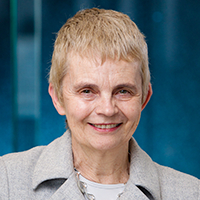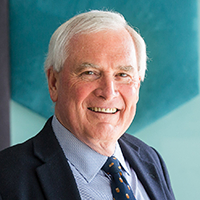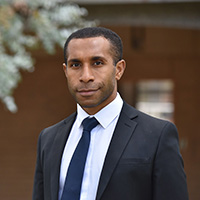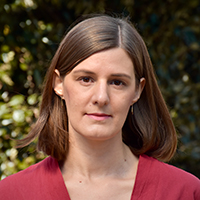Constitution Transformation Network
The Constitution Transformation Network connects research, practice and advice to support constitutional governance and constitution making in a rapidly changing, globalised world.
News and Events
Featured content
-
About CTN
The Constitution Transformation Network brings together researchers and practitioners to explore the phenomenon of constitutional transformation.
Find out more -
Newsletters
ConTransNet produces a biannual newsletter providing updates on the activities of our members, as well as reflections on constitutional transformation issues generally.
Find out more -
Contact us
Contact ConTransNet or individual team members.
Find out more
Featured content
-
Constitutional INSIGHTS
The Constitutional INSIGHTS series is jointly produced by International IDEA and the Constitution Transformation Network, to capture insights from the Melbourne Forum on Constitution Building in Asia and the Pacific in an accessible and practice-oriented format.
View -
Constitutional Design
The Constitution Transformation Network policy paper series on constitutional design.
View -
Inclusion and Participation
The Constitution Transformation Network policy briefs series on inclusion and participation.
View
The Constitution Transformation Network has worked with partner organisations on a range of projects providing research, analysis and advice and facilitating workshops and seminars to share knowledge and experiences in constitutional transformation.
Current Projects
Completed Projects
-
Decentralised Governance Arrangements In Papua New Guinea
-
Making and Changing Governments in Pacific Parliamentary Systems
-
Strengthening Democracy in the Pacific through Active Citizen Engagement
-
Managing Deadlines: Constitution making in Chile 2021-22
-
Constitutional change in Palestine: Courts, Gender and Constitution-making
-
The Bougainville referendum and beyond: Transition and Institution-Building
-
Australia-ASEAN Women in Constitution-Building Capacity Development Program
-
First Peoples’ Treaties with Victoria: Jurisdiction
-
Constitutional Implementation for Sustainable Peace
-
Constitution making and implementation in Somalia: Working with the Melbourne Somali Diaspora
The Melbourne Forum on Constitution Building in Asia and the Pacific is an annual event jointly organized by the Constitution Transformation Network and the International Institute for Democracy and Electoral Assistance (International IDEA). The Forum brings together practitioners and scholars from across Asia and the Pacific to share experiences on a topic related to constitutional transformation.
About the Melbourne Forum
The Melbourne Forum aims to build connections between practitioners, scholars and organisations engaged in constitution building, within the Asia-Pacific region and globally.
Featured content
-
2024 Melbourne Forum
Theme: "Climate Change and Constitutions"
-
2022 Melbourne Forum
Theme: "Representation from the Ground Up"
-
2021 Melbourne Forum
Theme: "Democracy, Constitutions & Dealing With The World"
-
2020 Melbourne Forum
Theme: "Representation in Democracies During Emergencies"
-
2019 Melbourne Forum
Theme: "Inclusion and Participation in Constitution-Building Processes"
-
2018 Melbourne Forum
Theme: "Implications of Culture for Constitution-Building"
-
2017 Melbourne Forum
Theme: "From Big Bang to Incrementalism: Choices and Challenges in Constitution Building"
-
2016 Melbourne Forum
Theme: "Constitution Building in States with Territorially Based Society Conflict"


















